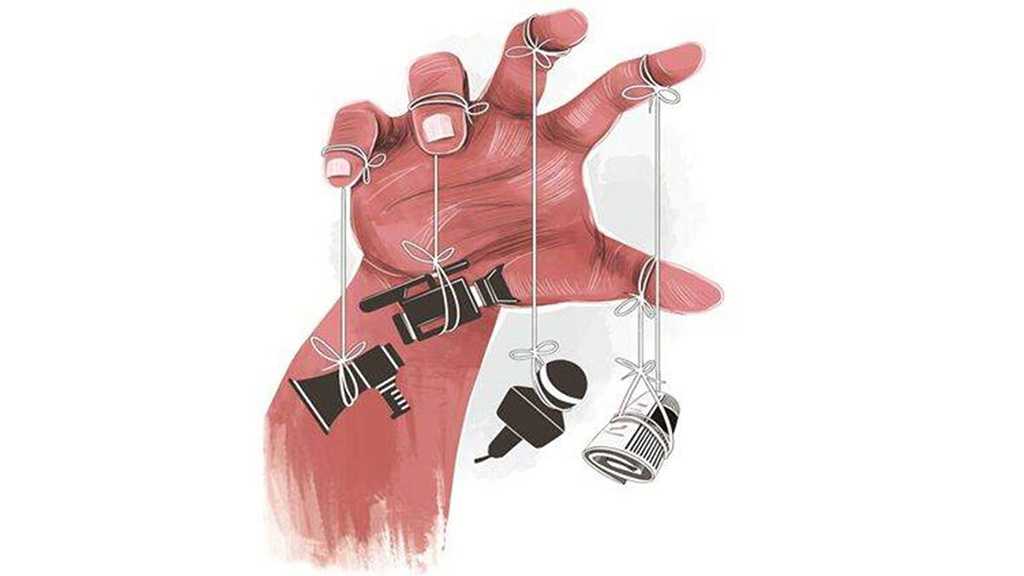
Media Freedom in Dire State in Record Number of Countries - Report

By Staff, Agencies
Media freedom is in dire health in a record number of countries, according to the latest annual snapshot, which warns that disinformation, propaganda and artificial intelligence pose mounting threats to journalism.
The World Press Freedom Index revealed a shocking slide, with an unprecedented 31 countries deemed to be in a “very serious situation,” the lowest ranking in the report, up from 21 just two years ago.
Increased aggressiveness from autocratic governments – and some that are considered democratic – coupled with “massive disinformation or propaganda campaigns” has caused the situation to go from bad to worse, according to the list, released by the advocacy group Reporters Without Borders [RSF].
“There is more red on the RSF map this year than ever before, as authoritarian leaders become increasingly bold in their attempts to silence the press,” the RSF secretary general, Christophe Deloire, told the Guardian. “The international community needs to wake up to reality, and act together, decisively and fast, to reverse this dangerous trend.”
Wednesday marks the 30th anniversary of the first World Press Freedom Day, which was created to remind governments of their duty to uphold freedom of expression. However, the environment for journalism today is considered “bad” in seven out of 10 countries, and satisfactory in only three out of 10, according to RSF. The UN says 85% of people live in countries where media freedom has declined in the past five years.
The survey assesses the state of the media in 180 countries and territories, looking at the ability of journalists to publish news in the public interest without interference and without threats to their own safety.
It shows rapid technological advances are allowing governments and political actors to distort reality, and fake content is easier to publish than ever before.
“The difference is being blurred between true and false, real and artificial, facts and artifices, jeopardizing the right to information,” the report said. “The unprecedented ability to tamper with content is being used to undermine those who embody quality journalism and weaken journalism itself.”
Artificial intelligence was “wreaking further havoc on the media world”, the report said, with AI tools “digesting content and regurgitating it in the form of syntheses that flout the principles of rigor and reliability.”
This is not just written AI content but visual, too. High-definition images that appear to show real people can be generated in seconds.
Comments
- Related News



